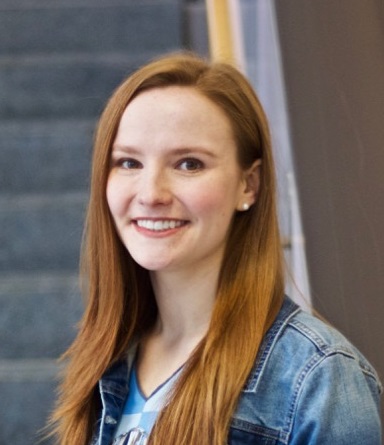
By Paisly Symenuk
The appointment of Dr Tedros Ghebreyesus as the Director General of the World Health Organization has paved the path for greater diversity within the organization. He has been applauded for attaining regional and gender parity in the WHO’s executive leadership.
We should indeed celebrate the choice for diversity in geographic background of the appointed executives and 60% being women, including five women of colour.
Gender and regional diversity aside, the nursing community was also elated to see the position of WHO Nursing Officer being reinstated and Dr Elizabeth Iro from the Cook Islands being appointed in the role. The International Council of Nurses (ICN) had advocated strongly for this role reinstatement to the candidates running in the DG election during May 2016 that saw Dr Tedros elected.
However, as a nurse, I am not satisfied.
Only one of the 15 executive positions in WHO is occupied by a nurse. That one position, is designated for a nurse. It could have very well been 0/14, if this allocated position was not reinstated. To the contrary, 10 out of the 14 seats are occupied by physicians.
Why do we even require a “designated” nurse seat? Why aren’t any of the other 14 seats being occupied by nurses?
Nurses make up the vast majority of the health workforce. Nurses are at the center of health in every community. In addition, midwives, community health workers (CHWs), and caregivers play significant roles in the health of communities too. But why are these health cadres largely invisible in decision-making and leadership roles in the global health arena?
Dr Afaf Meleis, at the most recent Women in Global Health Conference spoke about a “disciplinary oppression of female nurses, midwives, and caregivers”. How does the gendered perception of these populations, who make up the overwhelming majority of human resource for health around the world, affect their ability to occupy these positions? Why is it that the small proportion of women who are in global health leadership roles are also physicians by training?
Nursing and midwifery remain highly gendered globally, and are still widely perceived as “women’s work”. My female colleagues in medicine are even made visible to this issue by the regular occurrences of being assumed to be nurses. Similarly, medicine has historically been perceived a “man’s profession”. Women’s work as explored in international political theory is highly de-politicized.
It has been cited that nurses on boards are perceived to be “less of leaders” than their colleagues in other professions.
The influence of gender on a profession’s legitimacy in leadership, indeed needs to be a part of the discourse on diversity in leadership for global health. Yes, we have 60% women on the WHO’s executive leadership. This is a monumental achievement. But power and privilege exist in health diplomacy and delivery outside of individual gender identity. The hierarchy of health with medicine at the top, remaining the dominant voice is still widely apparent regardless of gender diversity.
We must do better to include greater diversity. This includes nursing, midwifery, community health workers and caregivers. Diversity also includes those that don’t identify with the normative gender binaries, Indigenous health leaders, and professions like pharmacy, social work, psychology.
Global health now faces more complex challenges than ever. To find sustainable and effective solutions we need to achieve diversity in decision-making and leadership that truly reflects the communities we seek to serve.
Let’s continue the gender conversation in global health leadership. But let’s not forget to look and act through an intersectional lens. We all have the same goal – a healthy global community. And it’s going to take all of our diversity to make that closer to a reality.
About the author: Paisly Symenuk is a registered nurse from Canada and a graduate student at the University of British Columbia (UBC) studying in a dual-degree program leading to a Master of Science in Nursing (MSN) and Master of Public Health (MPH). Her research interests include gender, leadership, nursing, and global health.
Competing interests: I have read and understood the BMJ Group policy on declaration of interests and confirm I have no conflicts of interests to declare.